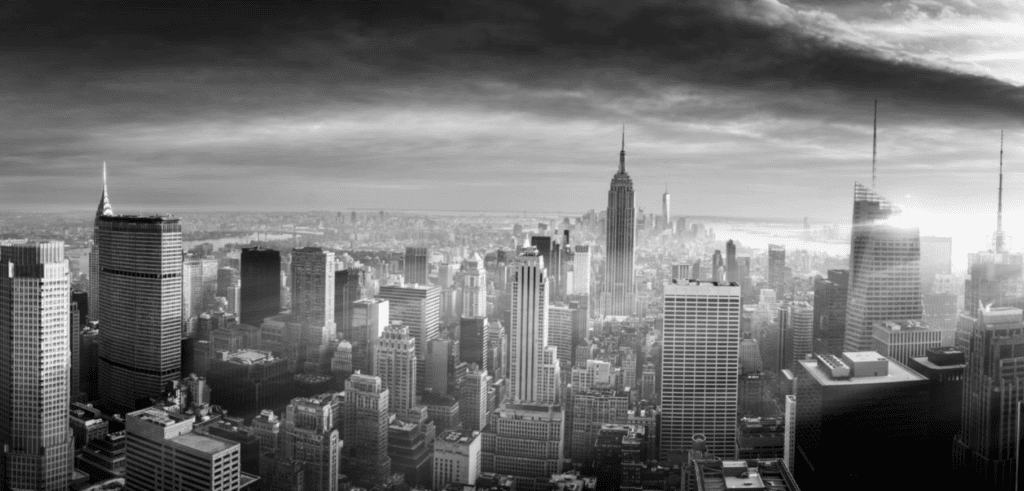After a year of violence and unrest, large American cities can serve as a tale for leaders spearheading some reforms. Political leaders have pursued ideological agendas without fear of reprisal, which has revealed just how much they may be out of step with the concerns of rank-and-file urban residents.
Take crime. “Defund the police” was always an unworkable project, but that never stopped progressives from working on it. Rep. Rashida Tlaib’s infamous “no more policing…it can’t be reformed” may have been more extreme than the Democratic norm, but its basic sentiment dominates the elite left’s obsession with policing injustices and relative indifference to street violence. White House press secretary Jen Psaki’s inability to acknowledge America has a crime problem is but one example of the conventional left’s unwillingness to depart from the standard script.
Meanwhile, the five cities that reduced their police budgets the most in 2020 (Austin, New York, Minneapolis, Seattle, and Denver) saw murders spike over the past year well above the national average. Thirty-six of the 50 largest cities in America saw murders rise at double-digit rates. Compared to 2020, shootings and homicides in Chicago, New York, and Los Angeles were way up. Crime in large progressive urban strongholds far outpaces more moderate and right-leaning cities.
In poll after poll, nationally and locally, city dwellers and racial minorities have consistently been at odds with the elite left’s views of urban policing.
Minority and urban residents know exactly what is going on, which is why we have seen mayoral candidates in New York City recently pivot to crime as a top issue. In a May 2021 poll, more than 60 percent of New Yorkers supported increasing the city’s police budget, and a plurality named crime as their number one issue in this year’s mayoral race. In July 2020, as protestors and rioters filled city streets across the country, 81 percent of Black Americans said in a Gallup poll they would like police to spend the same amount of time or more time in their neighborhoods. In Minneapolis, the epicenter of the “defund the police” movement, Black residents were more opposed than white residents to reducing the size of the city’s police force and more likely to perceive that crime had increased. In poll after poll, nationally and locally, city dwellers and racial minorities have consistently been at odds with the elite left’s views of urban policing.
Schooling is another example of the elite left’s disconnect with urban residents. Bill DeBlasio’s declaration during his failed 2020 presidential campaign that he “hated the privatizers” and wanted to “get away from charter schools” was merely a blunt articulation of the leftward drift of the Democratic elite over the past 20 years. The party’s platforms have become increasingly hostile to charter schools since the 2000 presidential election, as Jonathan Chait has documented.
Despite this trend, Democratic voters in cities like their charter schools — and want more of them. A recent poll in New York City found that 70 percent of Democrats favor opening more charter schools, a figure that grows higher among Black primary voters and Hispanics. A majority of Democratic voters said they would prefer a mayoral candidate who supports charter schools as well as traditional public schools.
A 2019 poll found that nearly two-thirds of white Democratic voters had an unfavorable opinion of charter schools, while majorities of Black and Hispanic voters support them. This isn’t surprising. Charter schools are mostly non-white and urban. While only 25 percent of the nation’s traditional public schools are in cities, 57 percent of charter schools are located in urban areas. The pandemic’s unplanned experiment in forced homeschooling has further eroded the public’s confidence in the left’s ironclad embrace of traditional public schools. A recent poll in California revealed that the share of parents who say they would send their children to a private school if they could has increased by a third in the past two years.
The disconnect between the elite left and people on the street extends beyond crime and schools to basic American aspirations. A greater share of Black and Hispanic Americans than whites believe they are on the way to achieving the American Dream, and considerably more Black and Hispanic working-class people than affluent white liberals believe anyone can start a successful business.
Half of affluent white liberals believe “very strongly” that public buildings and monuments named after confederate leaders should be renamed, compared to much smaller shares of Black and Hispanic working-class voters, and a much greater percentage of affluent white liberals than Black and Hispanic working-class voters would be “very upset” if their son or daughter married a Trump supporter.
With their power over the daily media narrative, sadly, the elite left has been able to ignore the opinions of non-elite urban constituents with little political impunity. But that does not make their hypocrisy any less damning.
